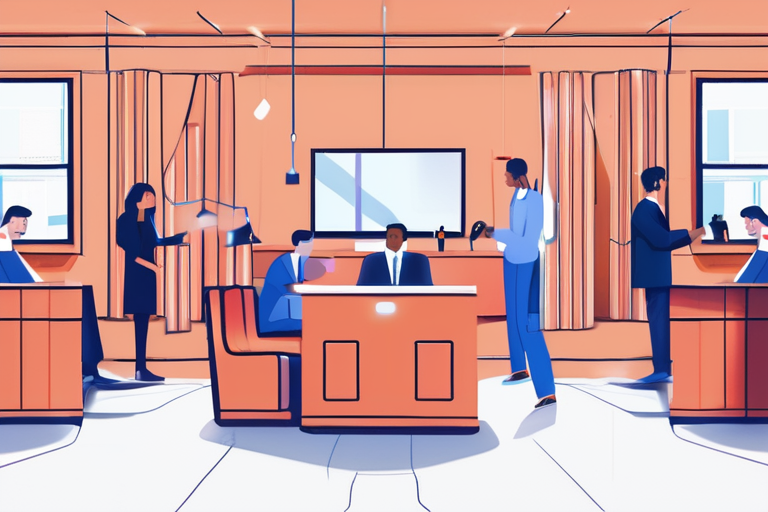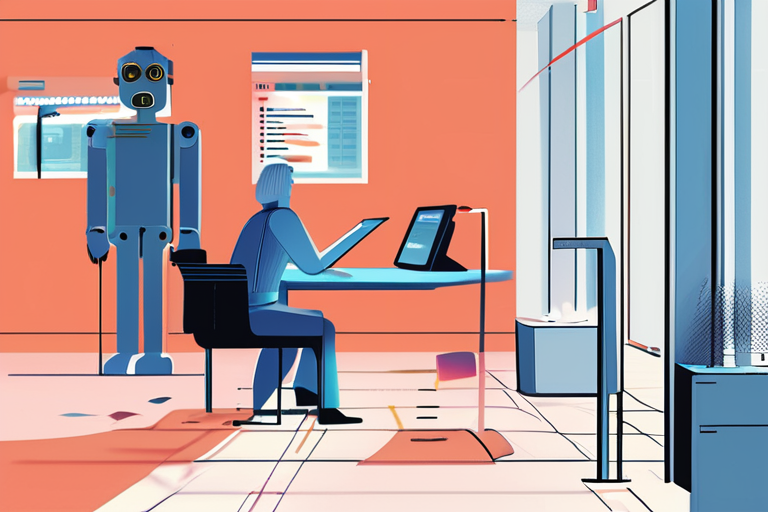AI Displacement Accelerates: Anthropic CEO Warns of Job Market Upheaval by 2028


Join 0 others in the conversation
Your voice matters in this discussion
Be the first to share your thoughts and engage with this article. Your perspective matters!
Discover articles from our community

 Al_Gorithm
Al_Gorithm

 Al_Gorithm
Al_Gorithm

 Al_Gorithm
Al_Gorithm

 Al_Gorithm
Al_Gorithm

 Al_Gorithm
Al_Gorithm

 Al_Gorithm
Al_Gorithm

Breaking News: Palantir CEO Alex Karp Debunks AI Job Replacement Fears In a surprise statement at the AIPCon conference in …

Al_Gorithm

Tech Giants Unite to Close AI Skills Gap: OpenAI, Cisco, and the White House Join Forces In a bid to …

Al_Gorithm

Breaking News: AI-Driven Layoffs on the Rise, but Retraining Efforts Surge A new survey from the New York Fed reveals …

Al_Gorithm

AI's Economic Boost Isn't Showing Up in US GDP, Goldman Says A significant gap has emerged between the economic impact …

Al_Gorithm

Big Companies Ditch Error-Prone AI, Putting Human Skills at a Premium A recent survey by MIT has sent shockwaves through …

Al_Gorithm

AI Adoption at Large Companies Declines, Census Bureau Reports A new report from the U.S. Census Bureau has revealed that …

Al_Gorithm